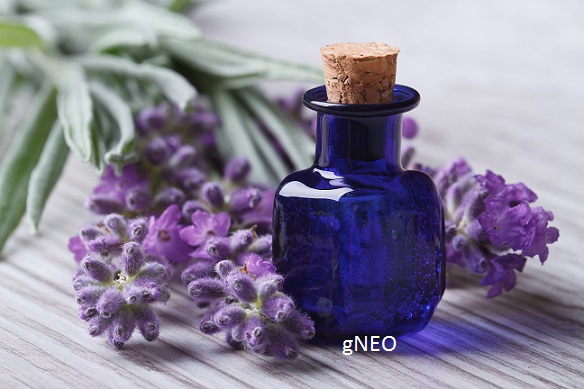Description: Cinnamon bark organic essential oil is steam distilled from the bark of a member of the Laurel family, laurus cinnamomum. Native to Asia and South Asia, it is also widely cultivated throughout Australia and much of what is considered the highest quality oil currently comes from Sri Lanka. Cinnamon bark oil is rare and far more expensive than other cinnamon-based essential oils, and it is one of the most prized in Ayurvedic and Chinese medicine, primarily for its stomach-easing, digestive, and stimulating qualities. Its use as a culinary spice is as legendary as its usefulness in natural healing, its aroma and flavor one of the most recognizable and delightful in a wide range of savory dishes, desserts and tantalizing beverages. Its main chemical constituent is cinnamaldehyde, along with eugenol, methyleugenol, and phellandrene, but these are only a small handful of the more than 90 compounds that it is known to contain.
Cinnamon bark oil is rare and far more expensive than other cinnamon-based essential oils, and it is one of the most prized in Ayurvedic and Chinese medicine, primarily for its stomach-easing, digestive, and stimulating qualities.
Botanical Name: Cinnamomum Zeylanicum
Plant Part: Bark
Extraction Method: Steam distillation
Odor and Appearance: Oil is clear, pale yellow liquid with a warm, sweet, dry, camphorous, resinous, and herbal scent, representing a strong base to middle fragrance note.
Country of Origin: Sri Lanka
Main Constituents: Cinnamaldehyde- 80%, Eugenol, Methyleugenol, and Phellandrene.
Common Uses: Common uses of Cinnamon Bark Essential Oil (Organic) include aromatherapy for promoting relaxation and comfort, adding warmth and spice to perfumes and fragrances, aiding in respiratory wellness when used in diffusion or inhalation blends, and incorporating into natural cleaning products for its antimicrobial properties.
Note: Base note.
Blends well with: Citrus oils, clove bud, frankincense, ginger, cardamom, vanilla, patchouli, cypress, nutmeg, and rosemary.
Contraindications: Cinnamon bark oil can be extremely caustic to the skin. It is a hot oil, and should never be applied undiluted in a topical preparation. Always heed recommended dilution ratios, and avoid contact with the eyes and mucous membranes, as even when diluted to a concentration of 1% or less it can cause a great deal of irritation. You should avoid cinnamon bark essential oil if you have liver disease, kidney disease, or if you are pregnant or nursing. Do not use internally undiluted unless you are under the direct care of a qualified natural practitioner who is experienced in aromatherapy.
*****GCMS report available for this oil*******
*These statements have not been evaluated by the Food and Drug Administration. This product is not intended to diagnose, treat, cure, or prevent any disease.*
For large quantities please contact us via our phone number or through the Contact Us page.
Like us on Facebook.









Reviews
There are no reviews yet